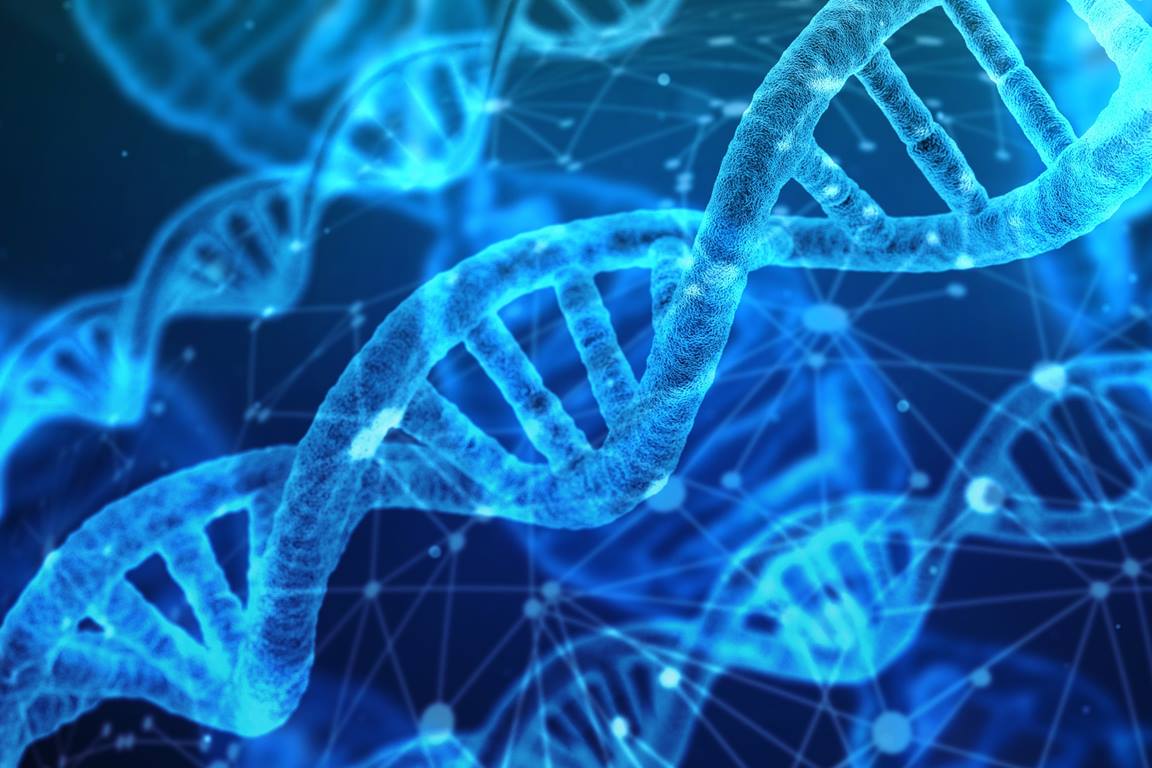Cloning is a scientific advancement that has been around for several decades. It refers to the process of creating a genetically identical copy of an organism by using its DNA. While cloning has the potential to revolutionize fields such as medicine and agriculture, it remains a highly controversial topic due to the many ethical and social implications it raises. In this article, we will explore both the positive and negative aspects of cloning.
One of the main benefits of cloning is its potential to help treat diseases. Scientists have been working on cloning techniques that can produce organs and tissues that can be used for transplants. Cloning could be used to create perfect genetic matches for patients in need of organ transplants, reducing the risk of organ rejection and eliminating the need for donors. Moreover, cloning could be used to create personalized medicines that are tailored to an individual’s unique genetic makeup.
Another advantage of cloning is that it can be used to increase agricultural productivity. For example, scientists can clone plants that are resistant to pests and diseases, making them more resilient and less prone to crop failure. Cloning can also be used to preserve endangered species and restore ecosystems that have been damaged by human activities.
However, cloning also has its downsides. One of the most significant ethical concerns surrounding cloning is the potential for misuse. Cloning can be used for purposes other than those that are beneficial to society, such as creating human clones for the purpose of exploitation or experimentation. There are also concerns about the long-term health effects of cloned animals, which are more prone to certain health problems than their non-cloned counterparts.
Another issue with cloning is the potential for genetic abnormalities. Cloning involves a complex and delicate process, and errors can occur during the replication of DNA. This can result in genetic abnormalities that can cause health problems or even death. For example, Dolly the sheep, the first mammal to be cloned, suffered from health problems and died at a relatively young age due to complications related to her cloning.
In addition, cloning can also lead to the loss of genetic diversity, which is essential for the survival of species. Cloning can result in a population of genetically identical individuals, which can be more susceptible to disease and environmental changes. This lack of diversity can also limit the ability of a species to adapt to changing conditions and evolve over time.
In conclusion, cloning is a complex and controversial topic that has both positive and negative aspects. While cloning has the potential to revolutionize fields such as medicine and agriculture, it also raises ethical concerns and can have negative consequences for genetic diversity and the long-term health of cloned animals. As such, it is essential to continue the discussion and debate around the use of cloning, to ensure that its potential benefits are weighed against its potential risks and ethical implications.

